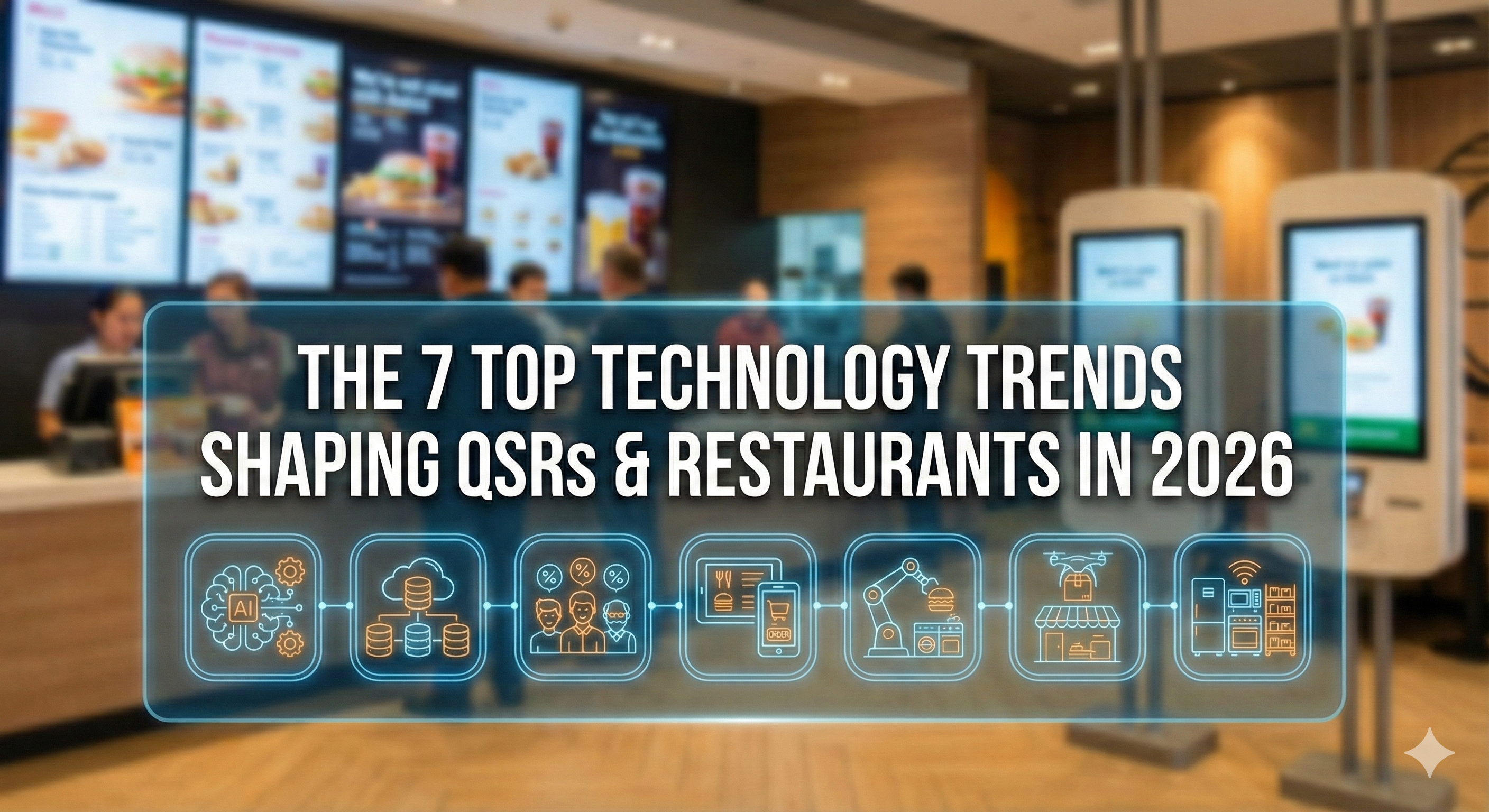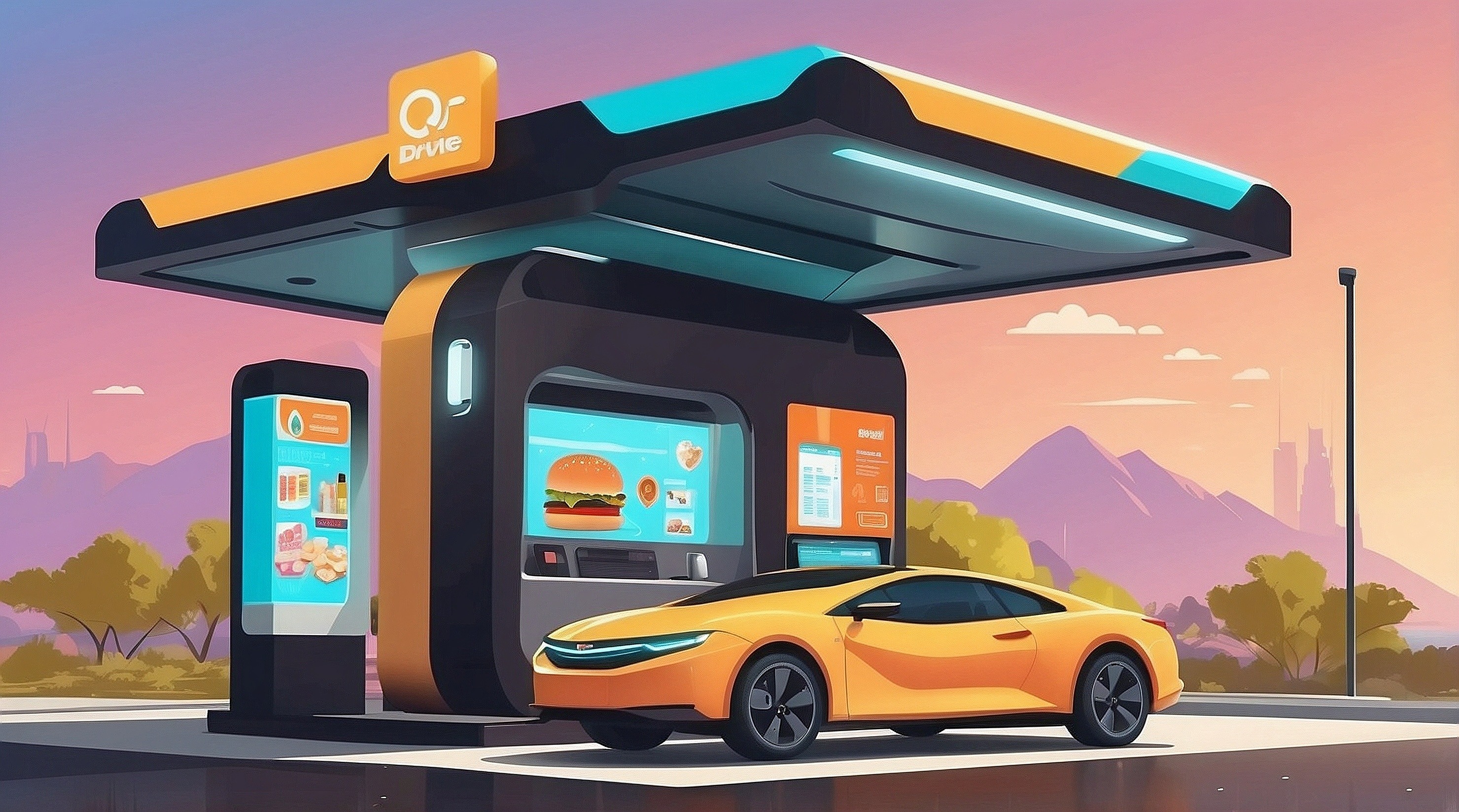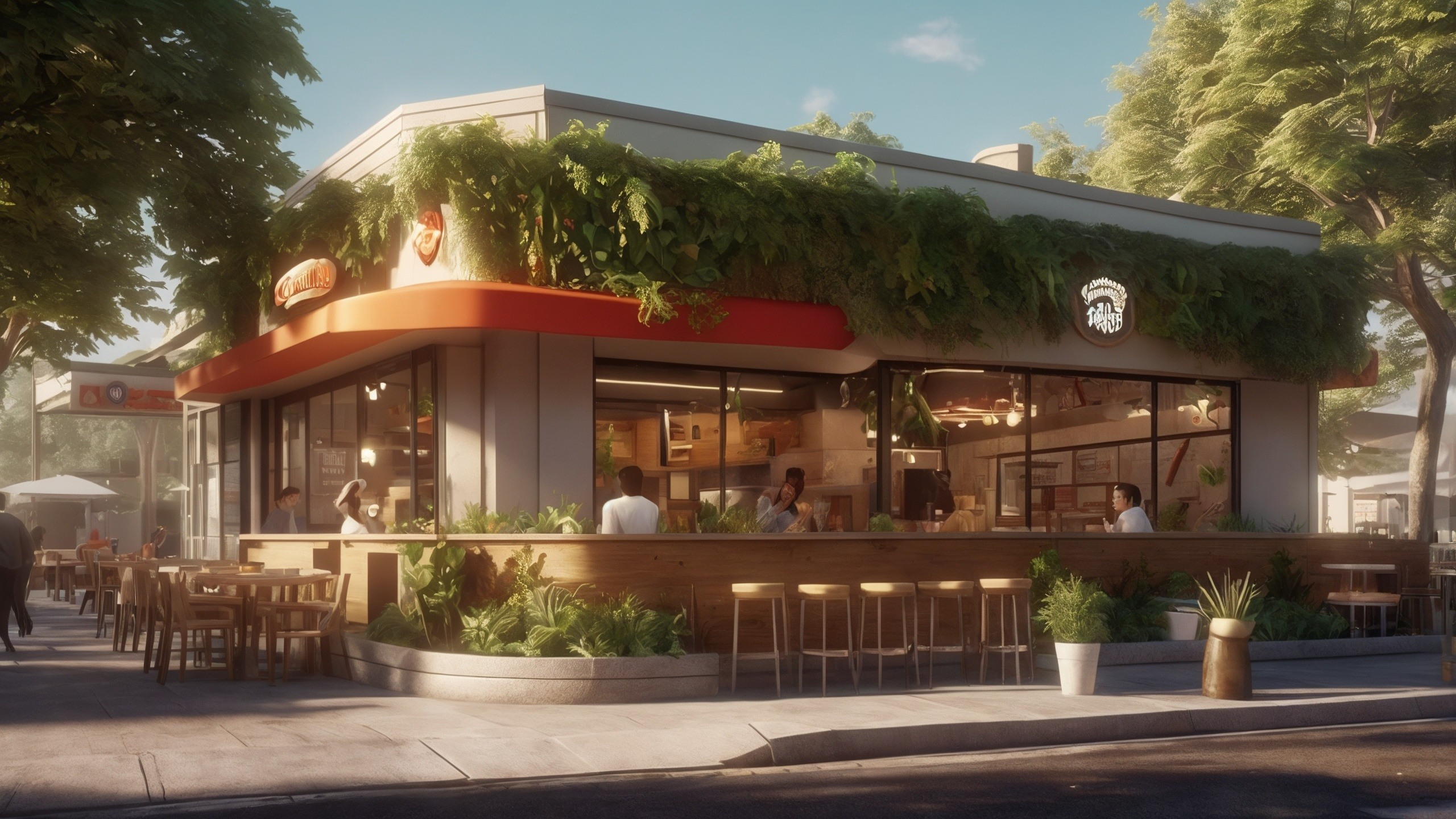The 7 Top Technology Trends Shaping QSRs and Restaurants in 2026
How leading operators are using digital innovation to boost growth, efficiency and customer loyalty
3 min read
Louie Scarpari : 07/02/2025 3:19:47 PM

Artificial Intelligence (AI) is reshaping the hospitality sector, particularly in Quick Service Restaurants (QSR) and fast casual dining. So much so that it was the top restaurant trend in 2024. It’s a trend that is growing, with the restaurant AI market forecast to expand fivefold between 2024 and 2029, from just under $10bn to $49bn.
In competitive markets like the UK and Australia, where businesses face rising labour costs, high customer expectations, and increasing competition, AI provides a powerful way to enhance operations, cut costs, and improve customer experiences. Here’s the top five ways it is making a significant impact:
AI-powered systems streamline order taking, improving speed, accuracy, and customer satisfaction.
In the US, Mexican QSR Taco Bell’s AI voice technology is creating ‘more efficient and quicker service, improved order accuracy, shorter wait times and bigger profits.’
Bojangles’ ‘Bo-Linda’ platform takes 96% of all orders without human intervention, including explaining menu items and advising customers if an item is unavailable
Labour is one of the highest costs for hospitality businesses, especially in the UK and Australia, countries which have strict living wage/minimum wage legislation, and less reliance on tipping to supplement staff salaries. Managing staff rosters efficiently is crucial – so you have enough staff to deliver great customer service, but you avoid the cost of having more people rostered on than you actually need. But it’s not always a straightforward task to work out what you need, whilst also staying on the right side of compliance. That’s where AI can make a big difference:
Customers want to engage with your brand, want to feel connected and want to be treated as an individual. Personalised service gives them that engagement and so generates loyalty, advocacy and repeat visits.
Personalisation at scale requires detailed analysis of data about individual preferences, purchase history and demographics, and using the results to create targeted loyalty campaigns based on the results.
Customers are much more likely to take up an offer if it feels ‘made for them’. AI can help to ensure that a vegan in Melbourne gets offers about your latest plant-based options, while the carnivorous family in Manchester gets an offer for a burger meal or a meat feast.
Delivery customers want their food fast. You want to get it to them at the lowest cost. The optimum delivery operation meets both goals. It keeps customers loyal, driving revenue up and costs down. But with so many moving parts, getting it right can seem like an impossible puzzle to solve. But not for AI, which can help you to:
Inventory management is a question of ensuring you always have enough stock to meet customer demand, but not so much you are throwing away waste. AI can help you maintain this delicate balance:
In the fast-paced QSR and fast casual dining sectors, AI is no longer a luxury but a necessity. It enables businesses in the UK and Australia to stay competitive. AI frees up staff to focus on what they do best—delivering exceptional service that builds loyalty and ensures long-term success.

How leading operators are using digital innovation to boost growth, efficiency and customer loyalty

QSR is a fast-paced, dynamic industry. Its consumers are demanding, always looking for ‘new and improved’, whether that’s on the menu, or in the...

Sustainability is an increasing priority for business – driven by the increasing cost of energy, placing pressure on business budgets; by legislation...